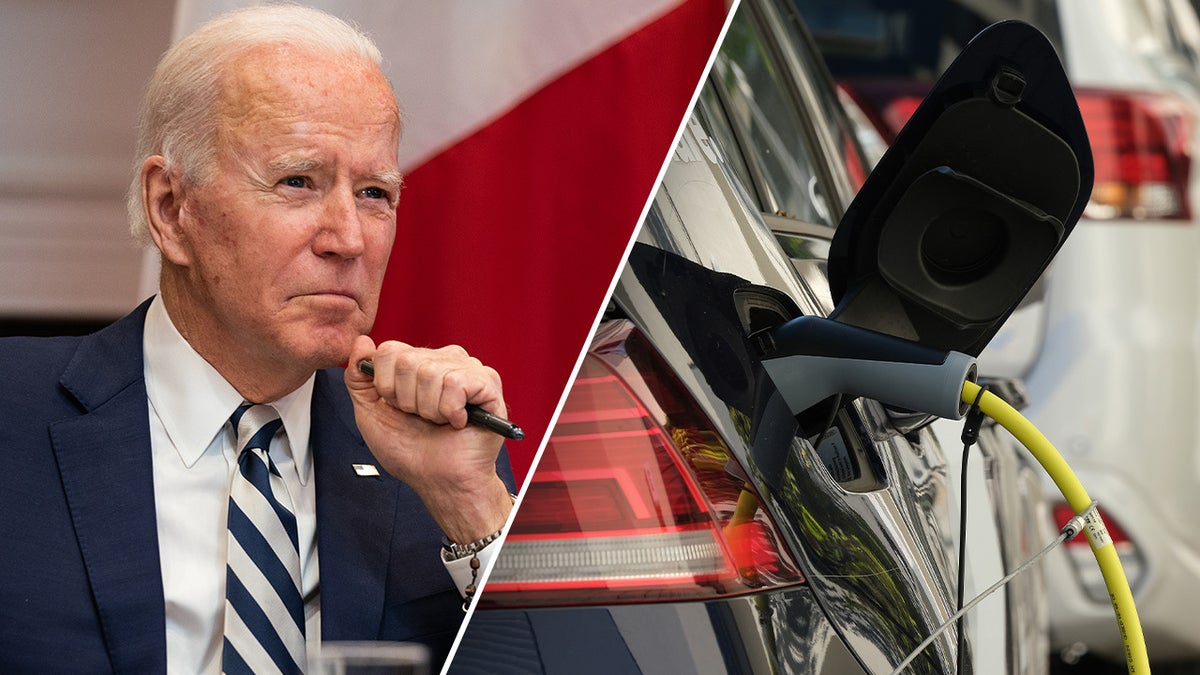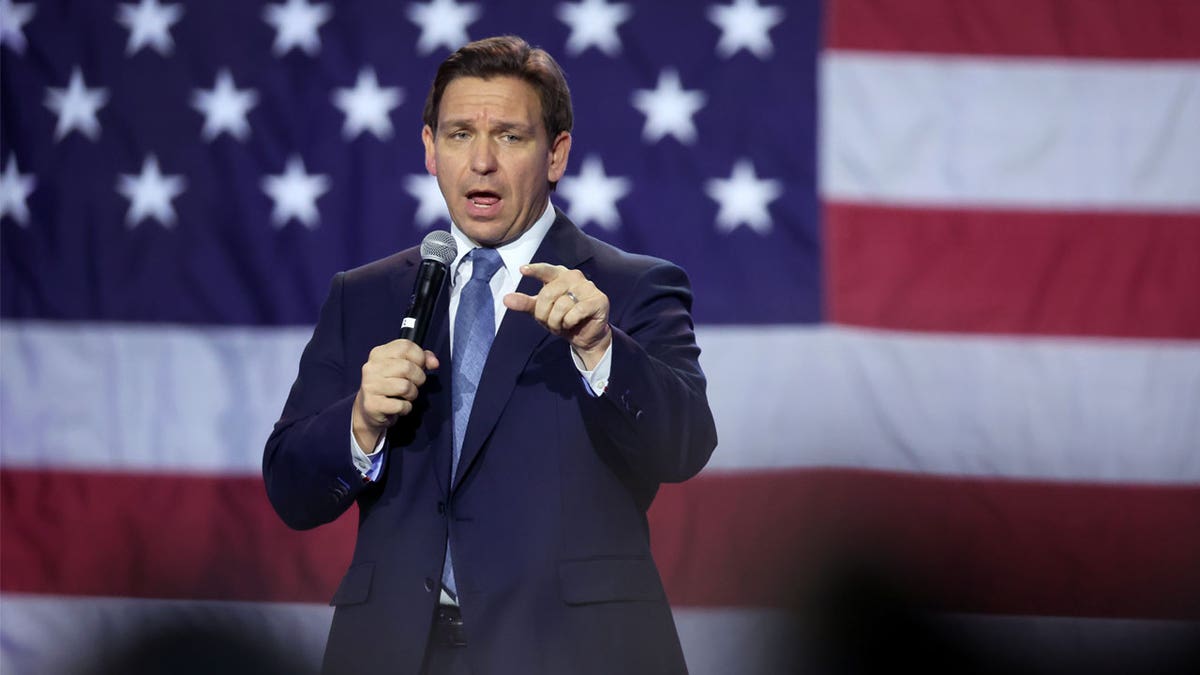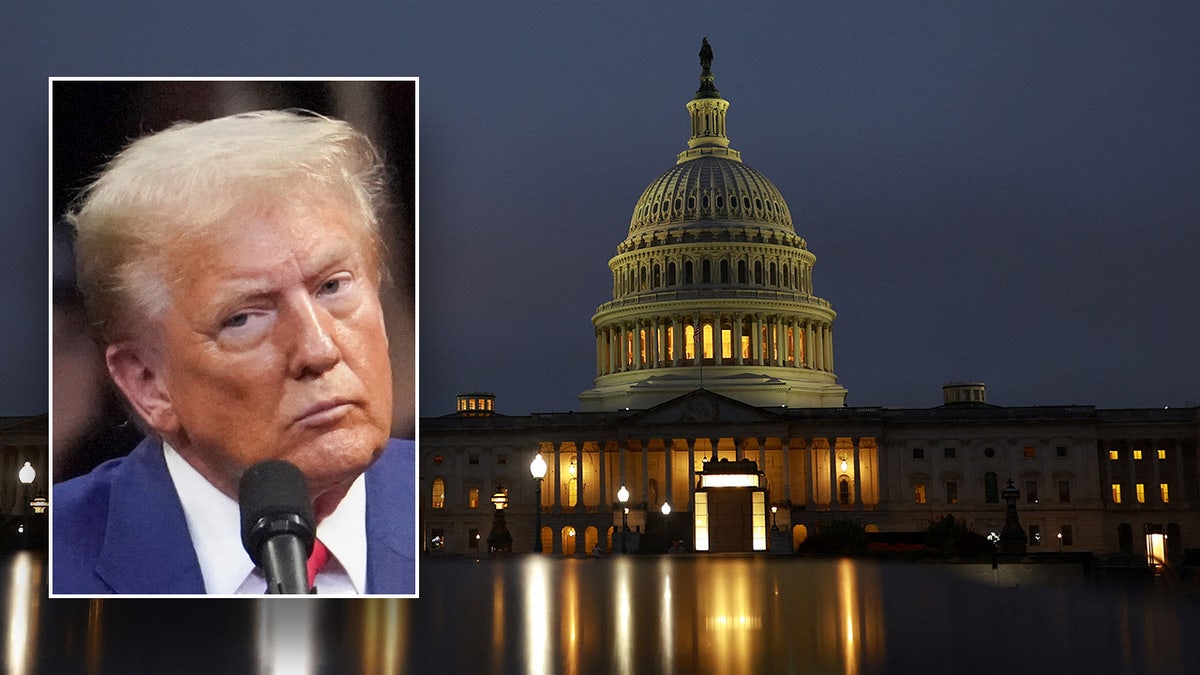Over 100 energy and agricultural organizations have jointly appealed to President Biden, requesting a reassessment of his administration's proposed tailpipe emission standards, which are anticipated to significantly boost electric vehicle sales. The coalition, spearheaded by the American Petroleum Institute, voiced concerns about the Environmental Protection Agency's (EPA) intended regulations for both light/medium-duty and heavy-duty vehicle emissions. While acknowledging the importance of reducing transportation emissions, the groups criticized the EPA's approach for potentially limiting consumer choices and hindering market-driven solutions.
The joint letter argues that the EPA's regulations could stifle the market's ability to find the most cost-effective ways to lower greenhouse gas emissions and restrict consumer freedom in vehicle selection. They highlight existing progress in emissions reduction through technological advancements in fuels and vehicles, citing a substantial decrease in common pollutants and a 25% reduction in CO2 emissions from light-duty internal combustion engine vehicles since 2004.

The groups advocate for a more comprehensive approach to reducing emissions, including the utilization of renewable liquid fuels in both new and existing internal combustion engine vehicles and exploring market-based solutions. They emphasize the potential of a diverse range of vehicle and fuel technologies to achieve significant emission reductions while simultaneously allowing for the advancement of zero-emission vehicles, particularly battery electric vehicles.
The letter specifically suggests policies that enhance crop yields, promote biofuel and refined product processing, and support manufacturing efficiency combined with carbon capture technologies. The groups also challenge the EPA's approach to regulating heavy-duty vehicles, describing it as unconventional in its focus on increasing the market share of zero-emission vehicles to reduce greenhouse gas emissions.

They argue that alternative strategies, such as accelerating the replacement of older fleets with advanced diesel technology and using more renewable and alternative fuels, could yield more substantial and cost-effective emission reductions in the near term. These approaches could also help reduce emissions from essential vehicles like city buses and delivery trucks while heavy-duty zero-emission vehicle infrastructure and technologies are still under development.
Finally, the letter underscores that its recommendations could help mitigate the risks associated with an over-dependence on foreign countries and unpredictable global supply chains linked to the increasing adoption of electric vehicles.








